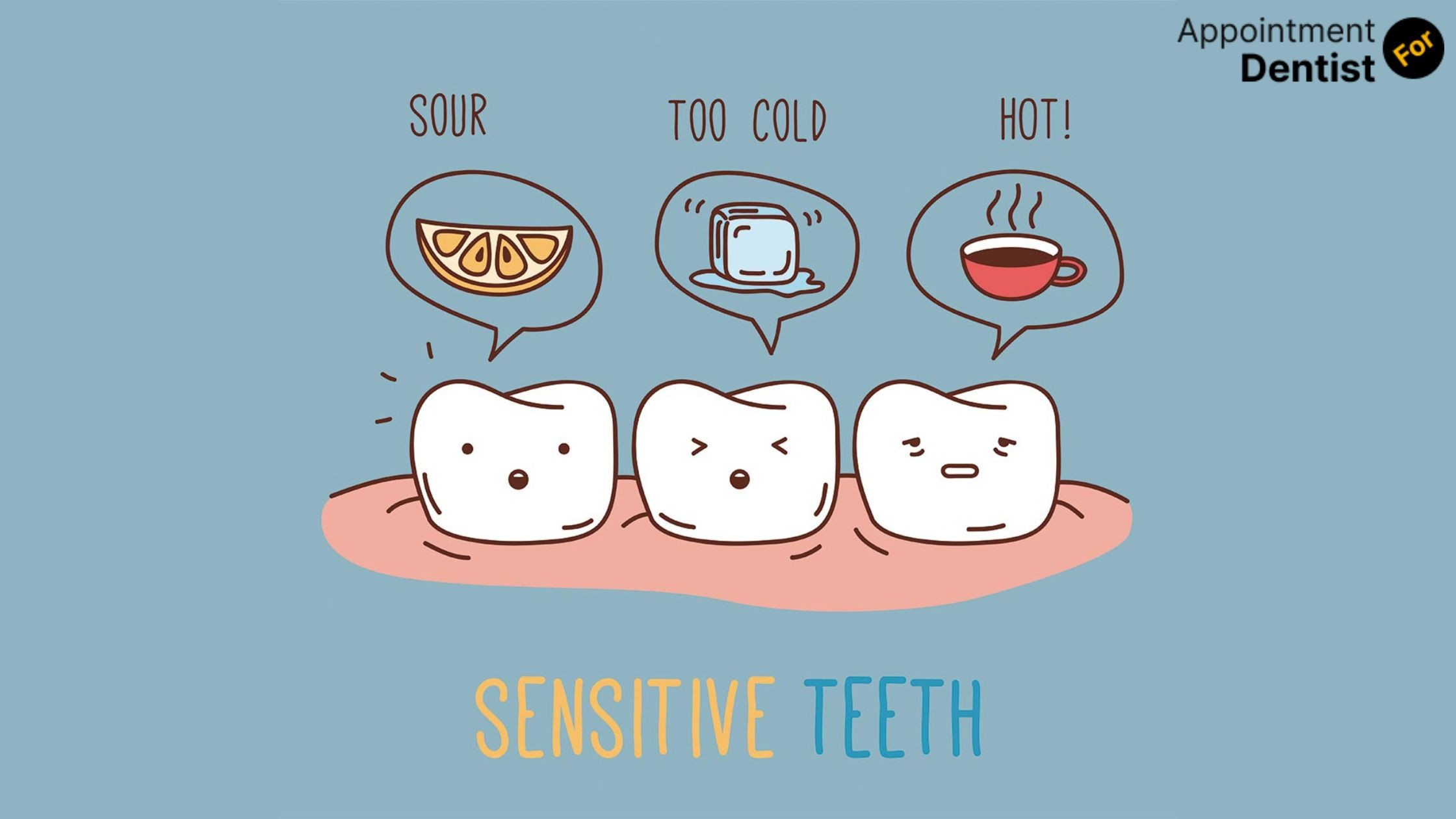How to Care for Sensitive Teeth
Posted on July 10, 2024 by Admin

How to Care for Sensitive Teeth
Dealing with sensitive teeth can be uncomfortable and frustrating, but with the right care and techniques, you can manage and even alleviate the sensitivity. Sensitive teeth typically react to hot, cold, sweet, or acidic foods and drinks, causing sharp, temporary pain. This sensitivity often results from worn enamel or exposed tooth roots. In this article, we explore effective strategies and habits to care for sensitive teeth and improve your overall dental health.
-
Use a Desensitizing Toothpaste
Choosing a toothpaste specifically designed for sensitive teeth can make a significant difference. These toothpastes contain compounds that help block sensations from reaching the nerves in your teeth, thereby reducing sensitivity over time. Use it consistently as part of your oral hygiene routine for best results.
-
Brush Gently with a Soft-Bristled Toothbrush
Aggressive brushing with a hard-bristled toothbrush can wear down enamel and irritate sensitive teeth. Instead, opt for a soft-bristled toothbrush and brush gently using circular motions. This approach effectively cleans your teeth without causing further enamel erosion or gum recession, which can exacerbate sensitivity.

Also Read: 7 Mistakes to Avoid When Choosing a Dental Plan
-
Practice Proper Brushing Technique
In addition to using a soft-bristled toothbrush, it’s essential to brush correctly to protect sensitive teeth. Angle the bristles at a 45-degree angle to the gum line and brush in short, gentle strokes. Be thorough yet gentle to clean all tooth surfaces without causing damage.
-
Use Fluoride Mouthwash
Rinsing with fluoride mouthwash helps strengthen tooth enamel, which can reduce sensitivity. Fluoride remineralizes weakened enamel and protects against acid attacks that contribute to sensitivity.
-
Wear a Night Guard
Grinding or clenching your teeth at night (bruxism) can wear down enamel and exacerbate tooth sensitivity. Consider wearing a night guard while you sleep to protect your teeth from grinding forces. A custom-fitted night guard from your dentist is most effective, but over-the-counter options are also available.
-
Maintain Regular Dental Check-Ups
Regular dental visits are crucial for monitoring and managing tooth sensitivity. Your dentist can identify underlying causes of sensitivity, such as gum recession or tooth decay, and recommend appropriate treatments. Professional cleanings also help remove plaque buildup, which can contribute to sensitivity.
-
Avoid Whitening Products
Whitening toothpastes and treatments often contain abrasive ingredients that can worsen sensitivity by further wearing down enamel. If you’re concerned about tooth discoloration, consult your dentist for safe and effective whitening options that won’t exacerbate sensitivity.
-
Consider Desensitizing Treatments
In-office treatments, such as fluoride varnishes or desensitizing agents applied to sensitive areas of your teeth, can provide immediate relief and long-term protection against sensitivity. Discuss these options with your dentist to determine the best course of action for your dental health.
-
Address Underlying Issues
Persistent or severe tooth sensitivity may indicate underlying dental problems, such as tooth decay, cracked teeth, or gum disease. If sensitivity persists despite home care efforts, consult your dentist promptly for a thorough evaluation and appropriate treatment.
Must read: Everything You Need to Know About Full Mouth Reconstruction
Conclusion
Caring for sensitive teeth requires a combination of proper oral hygiene practices, dietary adjustments, and professional dental care. By using desensitizing products, practicing gentle brushing techniques, and avoiding triggers like acidic foods, you can manage tooth sensitivity effectively. Remember, consistent dental care and regular check-ups are essential for maintaining oral health and minimizing discomfort from sensitive teeth. With these strategies, you can enjoy a healthier, more comfortable smile.
Faqs
-
1. What causes tooth sensitivity?
Tooth sensitivity can be caused by worn tooth enamel, exposed tooth roots due to gum recession, cracked teeth, or tooth decay.
-
2. How can I reduce tooth sensitivity at home?
Use a desensitizing toothpaste, brush gently with a soft-bristled toothbrush, and avoid acidic foods and drinks that can wear down enamel.
-
3. Should I use a special toothpaste for sensitive teeth?
Yes, desensitizing toothpastes can help block sensations from reaching the nerves in your teeth, reducing sensitivity over time.
-
4. What should I do if my tooth sensitivity persists?
If sensitivity persists despite home care efforts, consult your dentist. It could indicate underlying dental issues that require professional treatment.
-
5. Can grinding my teeth cause sensitivity?
Yes, grinding or clenching your teeth (bruxism) can wear down enamel and contribute to tooth sensitivity. Using a night guard can help protect your teeth while you sleep.
Recent Post
- The Importance of Oral Health Education for Children
- How to Choose the Right Orthodontic Treatment for Adults
- The Link Between Oral Health and Stroke Risk
- How to Address and Prevent Gum Recession
- Innovations in Dental Anesthesia: Pain-Free Procedures
- The Role of Saliva in Oral Health: Functions and Disorders
- Exploring Holistic Dentistry: What You Need to Know
- How Oral Health Affects Your Immune System
- The Benefits of Using Dental Probiotics
- Oral Health and Pregnancy: Myths and Facts